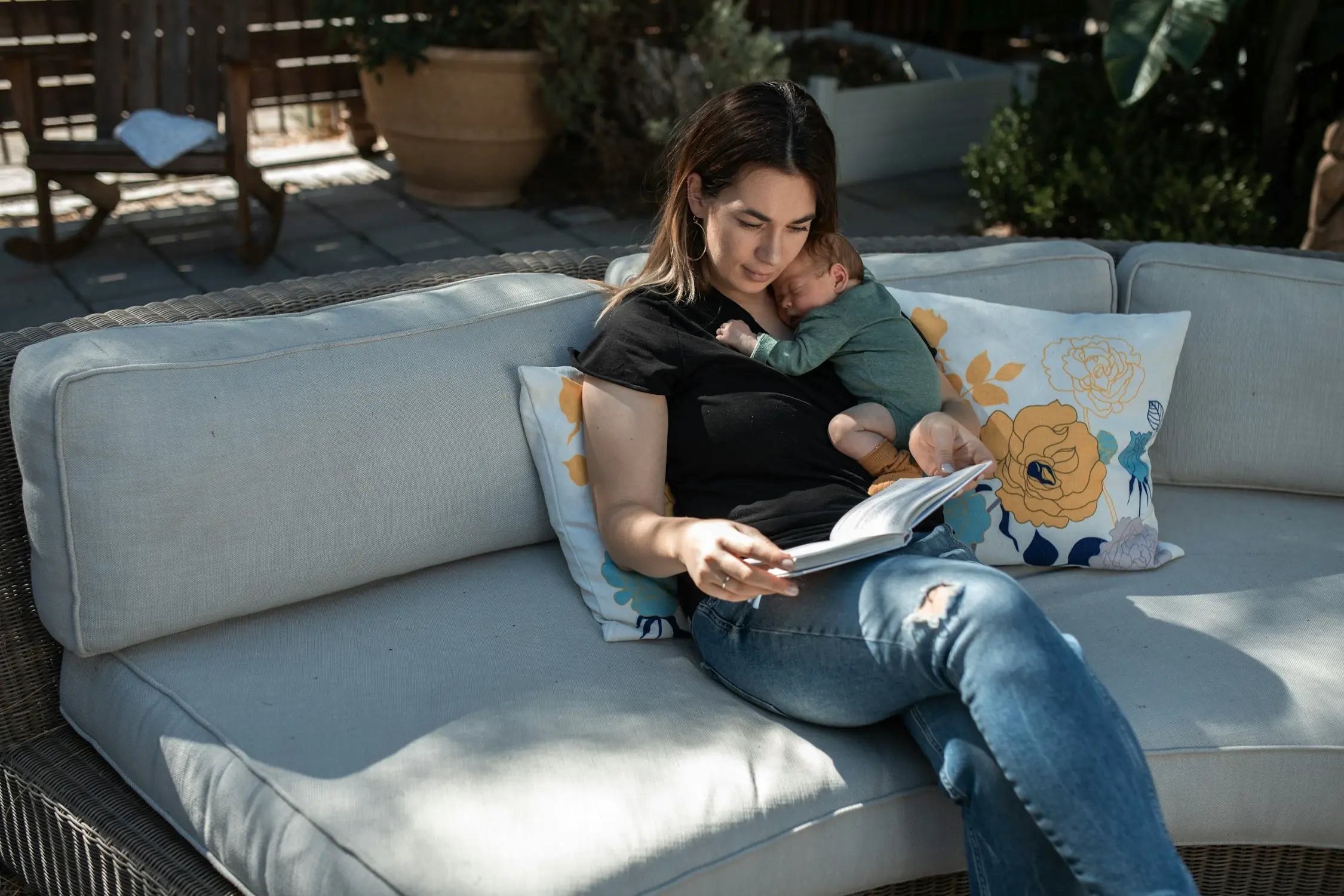Inicio
Pregnancy, Breastfeeding, and Pumping: The Ultimate Guide for Moms
Do You Pee on a Pregnancy Test? Everything You Need to Know

Do You Pee on a Pregnancy Test? Everything You Need to Know
When it comes to finding out if you’re pregnant, one of the most common questions is: Do you pee on a pregnancy test? The answer is yes, but there’s more to it than just that. Pregnancy tests are designed to detect the presence of a hormone called human chorionic gonadotropin (hCG) in your urine. This hormone is produced shortly after a fertilized egg attaches to the uterine lining, making it a reliable indicator of pregnancy. In this article, we’ll explore everything you need to know about using a pregnancy test, from how it works to tips for ensuring accurate results.
How Do Pregnancy Tests Work?
Pregnancy tests are designed to detect hCG in your urine. This hormone is produced by the placenta after a fertilized egg implants in the uterus. Most home pregnancy tests are designed to be used on the first day of your missed period, although some tests claim to detect pregnancy even earlier. The test typically involves either peeing directly on the test stick or dipping the stick into a cup of collected urine. The test strip contains antibodies that react to hCG, producing a positive or negative result.
Do You Pee Directly on the Test?
Yes, you can pee directly on a pregnancy test, but it depends on the type of test you’re using. Some tests are designed to be held directly in the stream of urine, while others require you to collect urine in a cup and then dip the test strip into the cup. It’s important to read the instructions carefully to ensure you’re using the test correctly. Improper use can lead to inaccurate results.
When Should You Take a Pregnancy Test?
The timing of your pregnancy test can significantly impact its accuracy. Most tests are most reliable when taken on the first day of your missed period. However, some tests are sensitive enough to detect hCG levels as early as 7-10 days after conception. If you test too early, you may get a false negative result. If you’re unsure when to test, it’s best to wait until after your missed period or consult with a healthcare professional.
Tips for Accurate Results
To ensure the most accurate results, follow these tips:
- Read the instructions carefully before using the test.
- Use the first urine of the day, as it contains the highest concentration of hCG.
- Avoid drinking too much water before testing, as it can dilute your urine and affect the results.
- Set a timer to ensure you read the results within the recommended time frame.
- If you get a negative result but still suspect you’re pregnant, wait a few days and test again.
What Do the Results Mean?
A positive result on a pregnancy test indicates the presence of hCG in your urine, which usually means you’re pregnant. However, false positives can occur due to certain medications or medical conditions. A negative result means hCG was not detected, but it could also mean you tested too early or used the test incorrectly. If you’re unsure about your results, consult with a healthcare professional for further testing.
Can You Reuse a Pregnancy Test?
No, pregnancy tests are designed for single use only. Reusing a test can lead to inaccurate results and is not recommended. Always use a new test if you need to retest.
What If You’re Still Unsure?
If you’ve taken a pregnancy test and are still unsure about the results, it’s best to consult with a healthcare professional. They can perform a blood test, which is more sensitive and can detect lower levels of hCG. Additionally, they can provide guidance on next steps, whether you’re pregnant or not.
Understanding how to use a pregnancy test correctly is crucial for accurate results. Whether you’re peeing directly on the test or dipping it into a cup, following the instructions carefully and testing at the right time can make all the difference. If you’re still unsure about your results, don’t hesitate to seek professional advice. Knowing the answer to Do you pee on a pregnancy test? is just the first step in your journey to finding out if you’re pregnant.
Compartir

